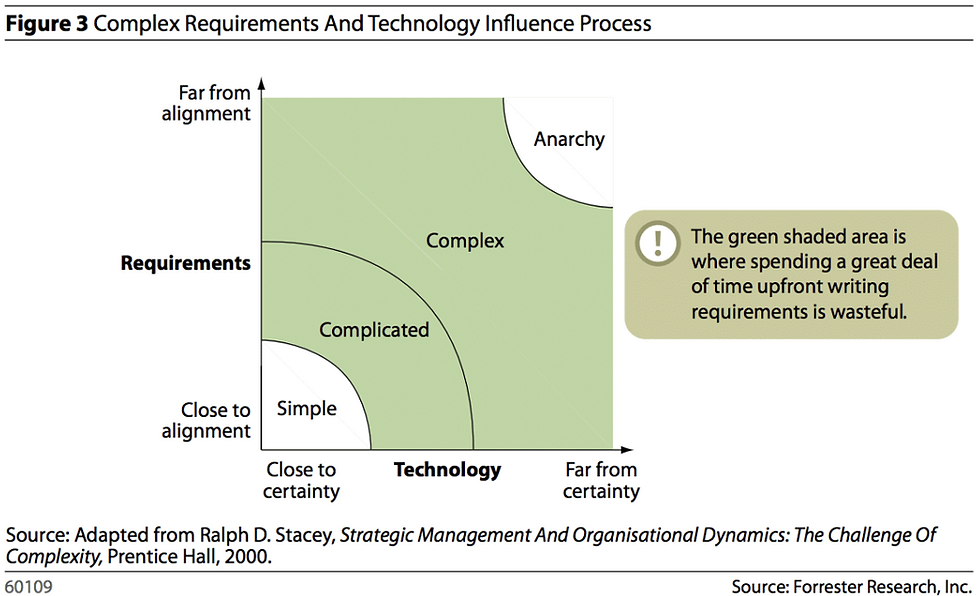Microsoft's AI Innovations Could Ease Documentation Burden for NHS and Healthcare Staff
- Violet Swierkot
- Nov 14, 2024
- 2 min read

Reflecting on similar challenges during a Long-Term Conditions project aimed at reducing doctors' clinical time across 13 NHS GP practices in Suffolk, the benefits of automated documentation tools are clear. Implementation was hampered by limited workforce, varying skill levels, and the time constraints of practices, which made manual tasks like sending patient letters challenging. AI-driven documentation solutions could significantly improve process efficiency, allowing healthcare providers to focus more on direct patient care and reducing the operational strain in resource-limited environments.
Microsoft has announced new AI and analytics features in its Cloud for Healthcare platform to support healthcare professionals, particularly nurses, by reducing administrative burdens. Key updates include improvements in Azure AI Studio, Microsoft Fabric, and Copilot Studio, alongside a collaboration with Epic to develop an ambient nursing documentation tool. This tool aims to streamline clinical documentation, enabling nurses to prioritise patient care over paperwork, which could help alleviate burnout. Additionally, Microsoft is enhancing data integration capabilities to help healthcare organisations access, analyse, and utilise diverse data types, including clinical, imaging, and social determinants of health (SDOH) data.
These foundational models, developed with healthcare organisations like Providence and Paige.ai, are expected to advance areas such as cancer diagnostics by integrating multimodal data. New AI-powered features like DAX Copilot for conversational data integration and Copilot agents for tasks such as triage and scheduling are designed to automate routine tasks, improving care efficiency. Microsoft’s leadership highlights that these AI tools aim to enhance patient care, address healthcare workforce shortages, and support healthcare organisations in their digital transformation journey by alleviating the documentation load on clinicians.
Furthermore Improving healthcare delivery is a priority for hospitals, especially in managing chronic diseases and advancing health equity. Healthcare organizations are pursuing digital transformation to better utilize patient data, using tools like electronic health records (EHRs), wearable devices, and AI. However, digital adoption has been slow, though the COVID-19 pandemic accelerated the integration of telehealth and remote monitoring, highlighting the value of digital tools in reducing administrative tasks and enhancing patient care.
Sowmya Viswanathan, MD, chief physician executive at BayCare, points out that AI could both assist and challenge digital transformation, emphasizing the need for high-quality data to avoid pitfalls such as the “garbage in, garbage out” effect. Cost remains a concern, with AI technology raising project expenses. Gaining care team buy-in is essential to overcoming organizational resistance, which requires demonstrating that technology can improve workflows without adding burdens.
BayCare’s AI initiatives aim to support—not replace—clinicians, with pilots in voice AI for patient summaries, generative AI for symptom triage, and tools to encourage screenings. Success is measured through patient outcomes, satisfaction, and operational efficiency. The organization evaluates both financial performance and clinical impact, weighing costs against outcomes to decide on further AI investments. Viswanathan underscores the importance of strategic partnerships, clear goals, and rigorous assessment of pilot projects to ensure that AI tools deliver tangible benefits without compromising resources.
References:
Kennedy, S. (2024), [online] Will AI hinder digital transformation in healthcare? | TechTarget
Kennedy, S. (2024) [online] Microsoft expands healthcare AI, analytics capabilities | TechTarget
Ardman, D. (2024) [online] Enhancing healthcare with data and responsible AI: New innovations from Microsoft Cloud for Healthcare - Microsoft Industry Blogs
PR Newswire (2024) [online]Microsoft expands AI capabilities to shape a healthier future



Comments